Java always passes arguments by value, NOT by reference. In your example, you are still passing obj by its value, not the reference itself. Inside your method changeName, you are assigning another (local) reference, obj, to the same object you passed it as an argument. Once you modify that reference, you are modifying the original reference, obj, which is passed as an argument.
EDIT:
Let me explain this through an example:
public class Main
{
public static void main(String[] args)
{
Foo f = new Foo("f");
changeReference(f); // It won't change the reference!
modifyReference(f); // It will change the object that the reference refers to!
}
public static void changeReference(Foo a)
{
Foo b = new Foo("b");
a = b;
}
public static void modifyReference(Foo c)
{
c.setAttribute("c");
}
}
I will explain this in steps:
1- Declaring a reference named f of type Foo and assign it to a new object of type Foo with an attribute "f".
Foo f = new Foo("f");
2- From the method side, a reference of type Foo with a name a is declared and it's initially assigned to null.
public static void changeReference(Foo a)
3- As you call the method changeReference, the reference a will be assigned to the object which is passed as an argument.
changeReference(f);

4- Declaring a reference named b of type Foo and assign it to a new object of type Foo with an attribute "b".
Foo b = new Foo("b");
5- a = b is re-assigning the reference a NOT f to the object whose its attribute is "b".

6- As you call modifyReference(Foo c) method, a reference c is created and assigned to the object with attribute "f".
7- c.setAttribute("c"); will change the attribute of the object that reference c points to it, and it's same object that reference f points to it.
I hope you understand now how passing objects as arguments works in Java :)






